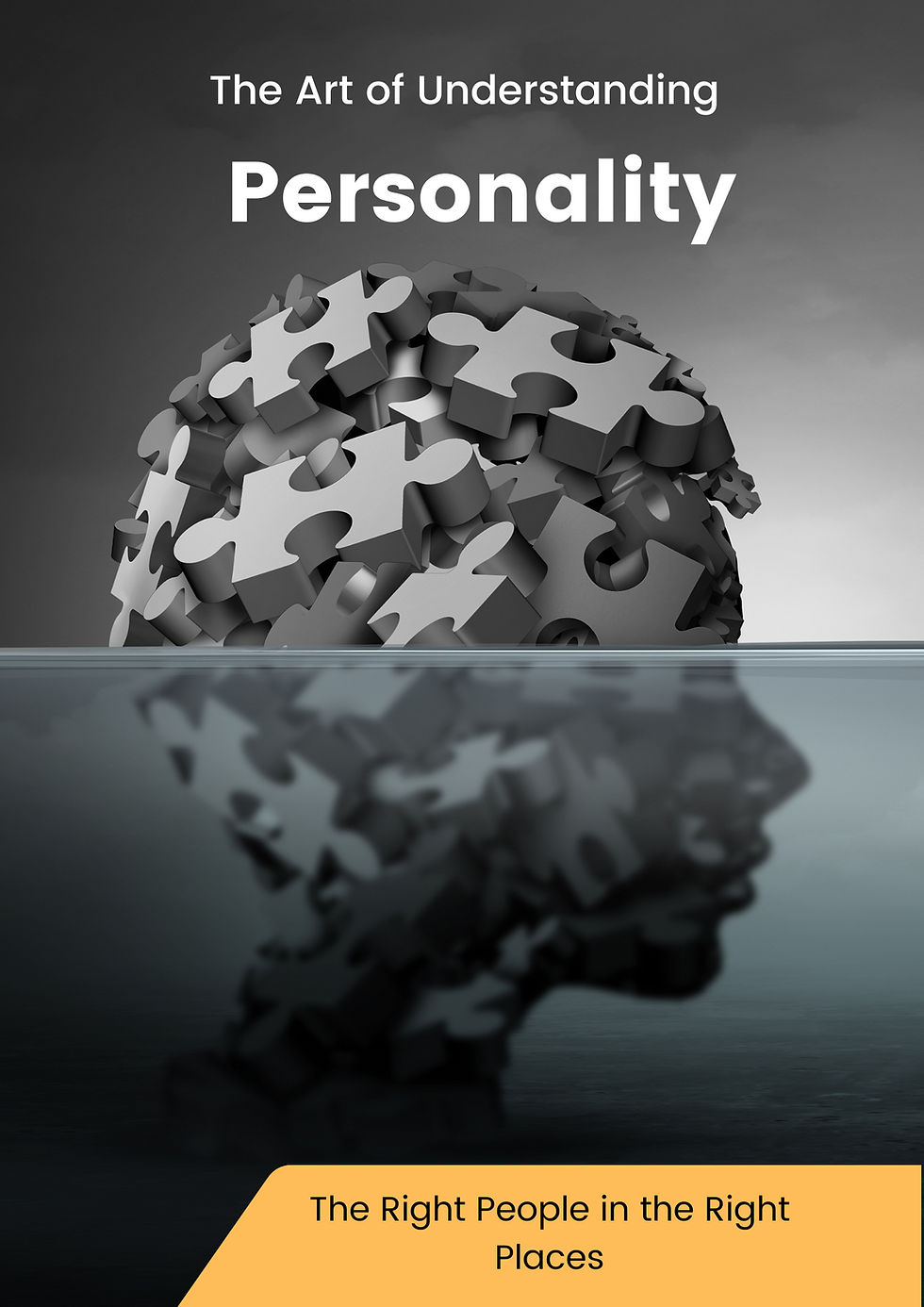
Introduction:
In our daily interactions, we encounter a wide range of personalities. Each individual possesses unique traits, preferences, and behaviors that shape their distinct identity. Understanding personality is an art that allows us to navigate relationships, foster effective communication, and unlock the potential within ourselves and others.
In this blog, we will delve into the significance of understanding personality and how it can positively impact our personal and professional lives.
1. The Complexity of Personality:
Personality is a multifaceted concept that encompasses various dimensions. It encompasses traits, values, beliefs, motivations, and cognitive patterns. Recognizing that no two individuals are alike, we can appreciate the complexity of personality and the rich diversity it brings to our social fabric.
2. Tools for Personality Assessment:
Numerous tools and assessments have been developed to unravel the intricacies of personality. These tools, such as psychometric tests, self-assessments, and behavioral observations, provide valuable insights into our own and others' personalities. By embracing these tools, we gain a deeper understanding of ourselves and the people around us.
3. Enhancing Self-Awareness:
Understanding our own personality is a crucial step towards personal growth and self-improvement. By identifying our strengths, weaknesses, and behavioral patterns, we can harness our potential and make informed decisions aligned with our true selves. Self-awareness empowers us to cultivate healthy relationships, manage stress, and pursue meaningful goals.
4. Improving Communication and Relationships:
Effective communication lies at the heart of successful relationships, both personal and professional. By understanding the personality traits and communication styles of others, we can tailor our approach to better connect with them. This leads to improved collaboration, conflict resolution, and a harmonious work environment.
5. Leveraging Diversity:
Personality diversity within teams and organizations brings a wealth of perspectives and talents. Embracing and appreciating these differences fosters innovation, creativity, and problem-solving. By understanding the strengths and preferences of individuals, we can create dynamic and inclusive environments that capitalize on the unique contributions of each team member.
6. Leadership and People Management:
Leaders who understand personality dynamics have a distinct advantage in leading and managing their teams. They can leverage individual strengths, provide targeted support, and create an environment where employees can thrive. Effective leadership involves adapting leadership styles to suit different personalities and motivating individuals based on their unique drivers.
7. Continuous Learning and Development:
The art of understanding personality is a lifelong journey. As we grow and evolve, our personalities may shift and develop. Embracing a growth mindset and fostering a culture of continuous learning allows us to adapt our understanding of personality and refine our interpersonal skills.
Conclusion:
Mastering the art of understanding personality is a transformative process that unlocks our potential for personal and professional growth. By recognizing the complexity of personality, using assessment tools, and fostering self-awareness, we can build stronger relationships, enhance communication, and leverage diversity within our communities. As we embrace the uniqueness of individuals, we create an environment where everyone can thrive, leading to more tremendous success and fulfillment in all aspects of life.
So, let us embark on this enriching journey of understanding personality, appreciating differences, and creating meaningful connections that bring out the best in ourselves and those around us.




Comments